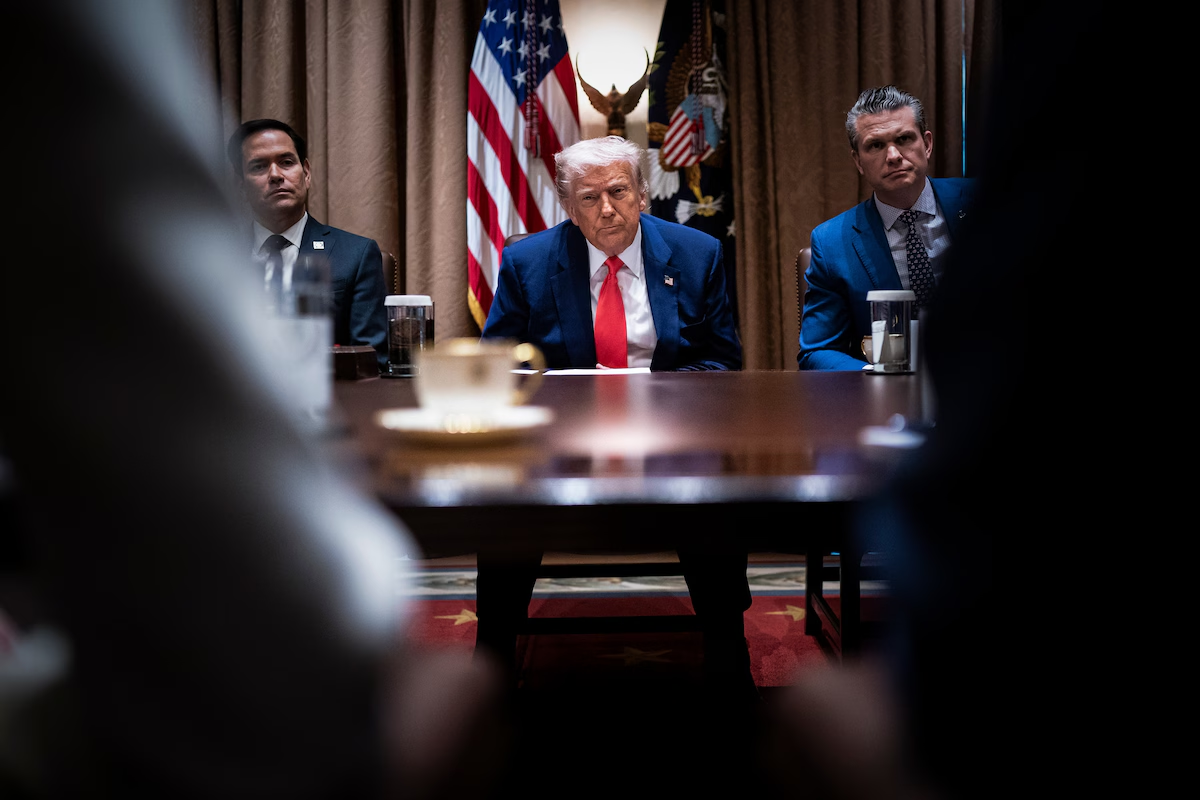With just 10 days until President Donald Trump’s country-specific tariffs are set to resume, the White House looks unlikely to achieve the sweeping global trade reforms it pledged during the three-month pause. Top Trump advisers said last week that deals with up to a dozen major trading partners could be wrapped up by the July 9 deadline, but based on previous agreements with China and the UK, these pacts may prove narrow in scope, addressing limited issues and leaving many details unresolved.
“I would expect the White House will announce some number of frameworks that it’s going to call trade deals, but do not meet anyone’s ordinary understanding of that term,” said Tim Meyer, an international trade law expert at Duke University.
For dozens of other countries that fail to reach agreements — many of which have faced Trump’s elevated tariffs since April 2 — the president has threatened even steeper duties above the existing 10% baseline. These mostly involve “smaller trading partners,” Treasury Secretary Scott Bessent told CNBC Friday.
The administration’s vague signals have left investors on edge ahead of July 9, with no clear picture of which nations are near deals or which are off track. The stakes are high: the outcome will shape the future of Trump’s trade agenda — a cornerstone of his 2024 campaign — with significant implications for the global economy and America’s relationships with both allies and rivals. Even with the deadline looming, it remains uncertain if the White House will extend talks or hold firm.
Bessent said Friday that about 20 countries that fail to strike deals by next Wednesday could keep negotiating but risk seeing their tariff rates reset to the higher April 2 levels — unless they’re found to be “negotiating in good faith,” in which case the 10% tariff could remain.
But later that day, Trump amped up the pressure, threatening to unilaterally impose new tariff rates on countries — possibly even before July 9. “We can do whatever we want,” Trump declared at a White House press conference. “I’d like to just send letters out to everybody. ‘Congratulations. You’re paying 25%.’”
The president then abruptly announced on social media that he was terminating trade talks with Canada over its digital services tax targeting companies like Meta and Alphabet, and threatened new tariffs on America’s second-largest trading partner within a week. The move was widely seen as a warning to other nations.
In response, Canada rescinded its digital services tax on tech giants in a bid to restart negotiations. “Rescinding the DST will allow the negotiations to make vital progress and reinforce our work to create jobs and build prosperity for all Canadians,” Finance Minister Francois-Philippe Champagne posted on social media late Sunday.
The rapid-fire developments underscored the unpredictable nature of Trump’s trade policy, keeping foreign governments on high alert.

